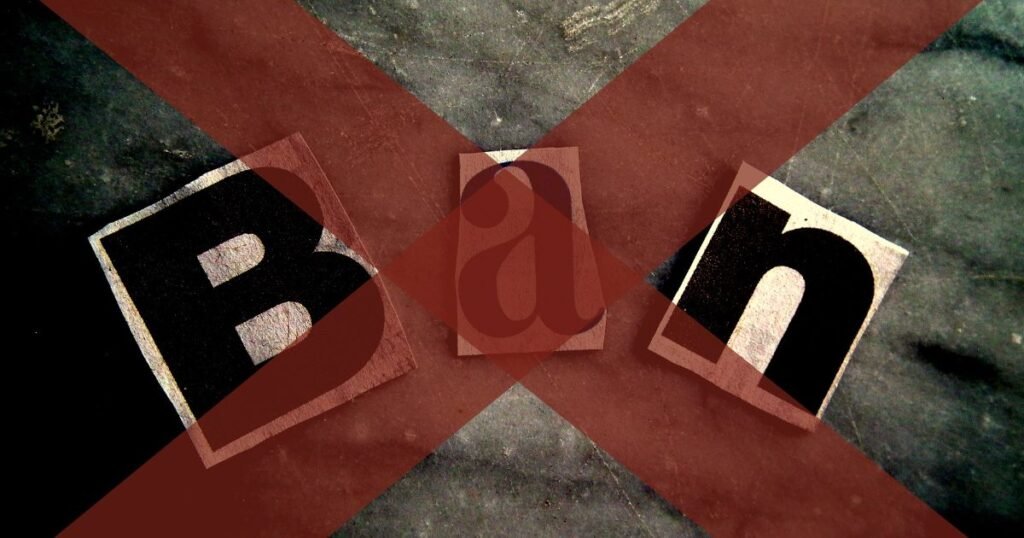Banning Kids from Social Media: Controversies and Support in Australia

The Australian government’s plan to ban children under the age of 16 from accessing social media platforms like X, TikTok, Facebook, and Instagram has sparked significant debate.
Politicians on both sides have shown strong support for the initiative, with opposition parties indicating they would have supported similar measures had they come to power.
However, the proposal also faces substantial criticism from experts in technology and child welfare, who argue that this strict age restriction might not effectively address the risks.
Popular but Controversial
Politically, setting a minimum age of 16 for social media use appears straightforward and popular. It promises to protect young people from online dangers, potentially making it an easy sell to parents concerned about their children’s safety.
Yet, as the discourse unfolds, practical challenges and potential unintended consequences become apparent.
All Australian states and mainland territories support this plan. Tasmania, however, believes the age limit should be set at 14 instead. The unanimous agreement among political leaders contrasts sharply with the concern expressed by over 140 experts.
In an open letter to Prime Minister Anthony Albanese, these experts criticized the age limit as a “too blunt instrument” that may not adequately address the complexities of online risks.
Why the Ban?

Supporters of the proposal, like cyber safety advocate Sonya Ryan, highlight the dangers children face on social media. Ryan’s perspective is deeply personal—her daughter Carly was tragically murdered by an online predator in 2007.
Her advocacy is informed by her belief that children are exposed to harmful content that they cannot manage without guidance.
Issues such as exposure to inappropriate content, misinformation, body image problems, and bullying are prevalent, and many young people struggle to cope.
Ryan supports the age restriction, stressing the need for mechanisms to combat the existing “anxious and addicted generation” of children on social media.
The hope is that by enforcing a stricter age limit, children will be protected from these risks until they are more equipped to handle them.
Concerns and Challenges
Despite the good intentions, the plan raises significant concerns about its effectiveness and broader implications. Critics argue that simply banning access might not mitigate the underlying issues.
Children might find ways to bypass restrictions, and a lack of access could prevent them from gaining vital digital literacy skills they need to safely and effectively engage online.
Additionally, the potential privacy implications of enforcing age verification are troubling.
How will these age checks be conducted without infringing on users’ privacy?
This aspect of the plan remains largely unaddressed, leaving room for speculation and concern.
Final Remarks
Australia is making a daring effort to protect young users from online damage by deciding to prohibit minors under 16 from using social media. The idea has great political support, but its viability is in doubt.
While protecting children is obviously important, the answer must be all-encompassing, covering not only access but also education and advice.
The age restriction may be a short-term solution, but it is unclear if it will actually safeguard youngsters. It draws attention to the continuous battle to strike a balance between freedom and protection in the digital era.
Stakeholders must keep improving their strategy to make sure the policies they adopt respect people’s rights and are effective.
The conversation around this initiative offers a broader lesson for all countries navigating similar challenges.
Engaging with experts, parents, and young people themselves will be key to crafting policies that genuinely foster a safer online environment.
Source: US News
Copyright 2024 The Associated Press. All rights reserved. This material may not be published, broadcast, rewritten or redistributed.

